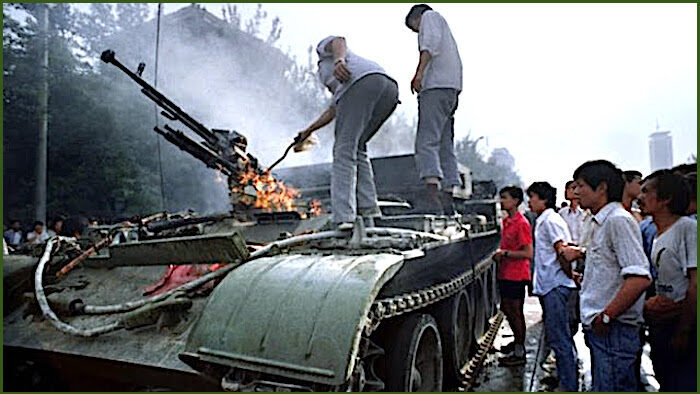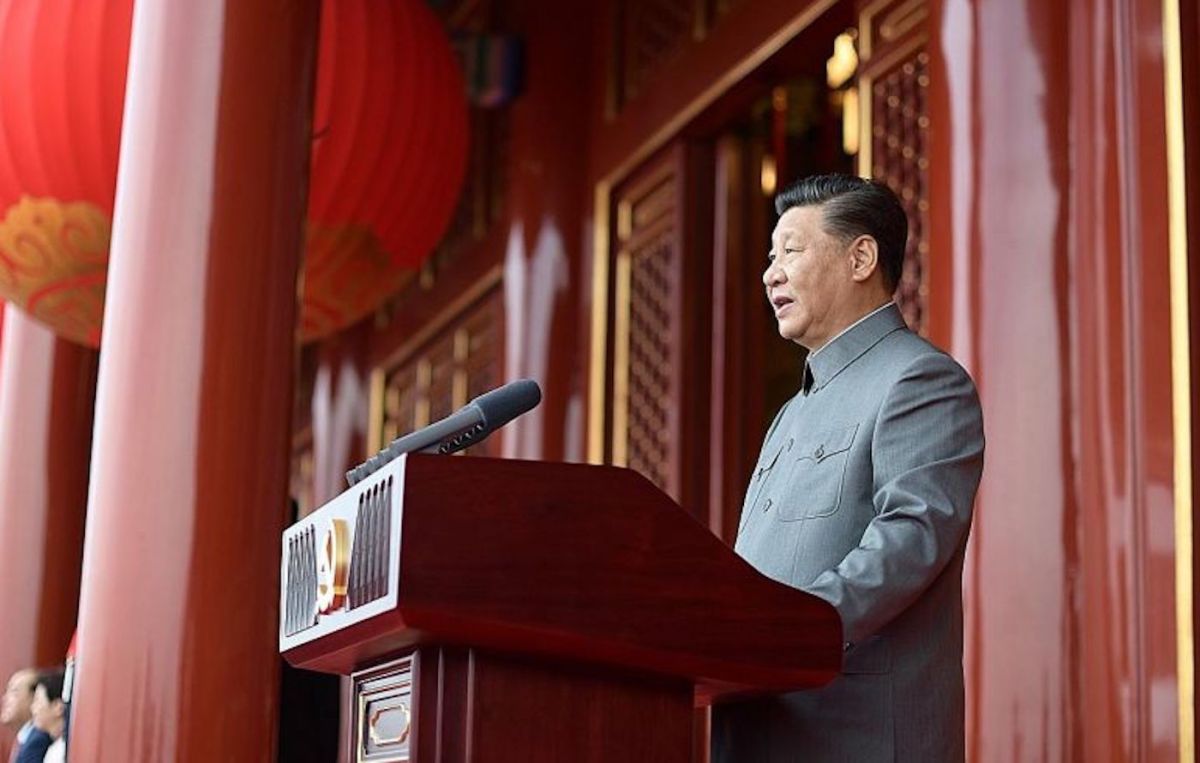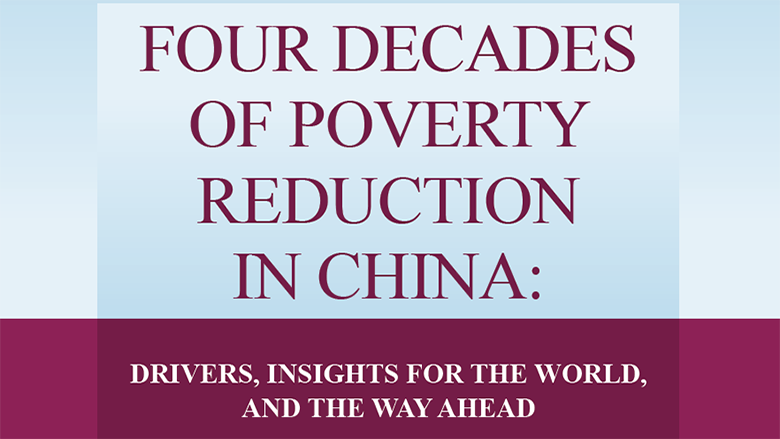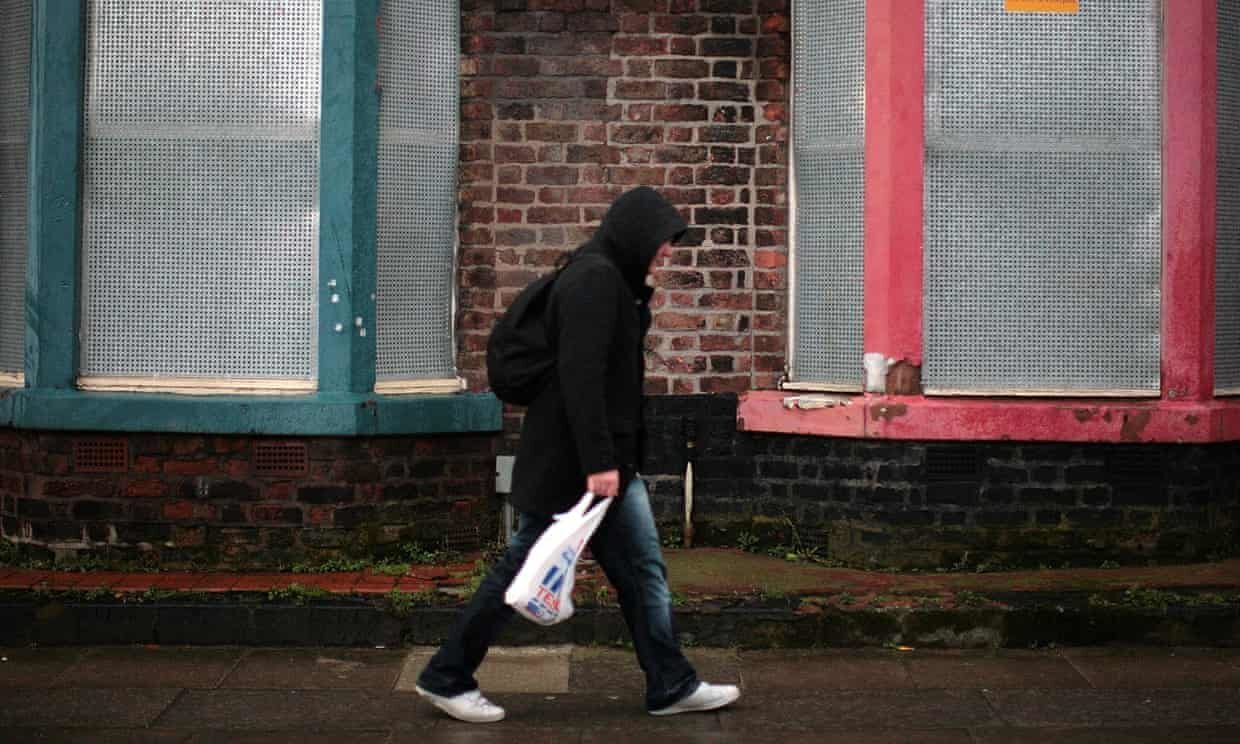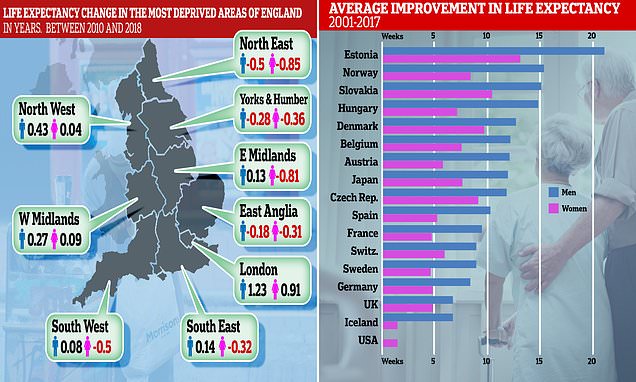In previous years, you'd hear in the news about Asian clothing companies being investigated for employee abuse: young children, too many hours, not enough pay, ect. ... And these companies would be threatened with some kind of sanction until they complied by our politicians concerns. Maybe it was because we had Republicans or Democrats in power, and would flip flop in accordance to that....
But with China, U.S. interests and Chinas are the same, as it is about business transactions and are tied together. So, if there is a uprising, the U.S. in it's part, would suppress information as much as they can about conditions in China, and China would lock people in their workplace - citing a zero-covid policy.
Now that the protests are too big to ignore, zero-covid is a perfect cover to hide discontent: by placing a dumb bureaucratic policy on top of and in unison with corporate exploitation. 'Covid is serious, we'll lock you down in the factory to keep production going, feed you poorly, and if you try to leave, you are spreading Covid. Covid! How dare you!'
And in the U.S. the scope of protest coverage is limited to the zero-covid policy. At the time Covid 1st became news, there were protests, I don't know how bad it was, but there was some discontent.
So, it's like a world govt. in operation, with the Chinese people resisting exploitation, and the U.S. maintaining a plausible distance from Chinas position, but secretly in support of China in regard to its policy's. Why? Business.
Sounds kinda plausible, in particular when thinking about the idea China and America have linked economies, and that could be connected to the idea that there could be a one world government which is actively engaged in those linkages. I've gotten the basic sense that in a globally interconnected world such as ours, each nation is in some respects very dependent on a network of other nations. And also that there seems to be some shadowy people in dark rooms who have megalomaniacal delusions of grandeur - and most likely a lot of control. But I don't think we can necessarily say that because economies are linked that there must be a higher level of omnipotent control coordinating the whole thing. It's possible, but that would take a lot of substantiation - and I think that it's important to remember a few of the the fatal weaknesses of psychopaths, namely their wishful thinking, their tendency to overextend their reach, and the technical incompetence that seems to lead to their downfall.
I wonder what the actual case is with China and America, the world's two biggest economies - how dependent are they on each other? How are they actually connected? And on that point, to what degree are they actually in cahoots? Huge questions.
I tend to disagree with your overall viewpoint that the Chinese and American governments are in cahoots, or that their interests are the same... that seems like mostly speculation without much to back it up.
On the contrary, I think that the certain psychopaths in Washington are very concerned that American hegemony and the unipolar world of their 'rules-based international order' is under threat, and that they see China is their primary adversary. My understanding comes mostly from economist Michael Hudson's work, but also others like Pepe Escobar, Matthew Ehret, Andrew Korybko and some other dudes who have been writing about the progress of China's BRI (plus a whole host of other Eurasian economic cooperation initiatives that fly in the face of America's dominance since WWII). If I were to put it in a sentence, what's at stake between China and America is a battle of ideas about economics - in other words their interests are definitely not the same.
My main take is that China has evolved into the power that it has become today due to pretty sound economic policies, all things considered. Its based on national control of the financial system to a certain degree, which has allowed the Chinese to prevent predatory financial interests from gaining a significant foothold. They have also invested massively in public works, industry, research and technology and infrastructure to improve the lives of their citizens. Paraphrasing Hudson, China's main mode is a 'mixed socialist/free market' superpower that is focused on growing its real economy, which has benefits for its population. China is following a proven effective policy that made America great in the first place - called 'the American System' by Ehret. America's main mode is a deregulated and deindustrializing oligarchic superpower that is focused on the 'unreal economy' of the FIRE sector (Finance, Insurance, and Real Estate) and draining the wealth and lifeblood of its citizens (and the global population) to this privileged 1%. That includes China's lifeblood. However, the American's haven't figured out how to operationalize their desires to take down China yet. One can imagine they'd love another Century of Humiliation.
So that's the domestic policy dynamic in a nutshell for each country as far as I understand it. You could also look at their foreign policy, and see that they are definitely not aligned, with a simple graphic of the oodles of US bases around the world, which is the most telling sign of America's true colors. I think China has something like 1.5 external overseas bases, last time I checked. China seems to be less focused on exerting military-fiscal pressure and more on developing external economic ties, which they profit from, yes, but so do others, in what is said to be a rising tide that lifts all boats. There's also the Taiwan business of late - that seems more to me like America trying to mess around in Chinese affairs. All the frothing at the mouth about China as the enemy in American media... I don't think any of that is come clever ploy to hoodwink the public into thinking that the two countries are at odds. I think they are actually at odds. America has held the world in an economic death grip for decades, and now that hold is loosening, with China (and Russia) being the 'threat of an alternative', which is driving the psychopaths mad.
In saying all of this, I'm not going to try to say that China good - America bad! either. There's a moral implication with what I've written, with China seeming to have more of a peace and prosperity themed foreign policy, and a more effective domestic policy. It's kind of surprising to write, actually. It does seem that China has a better policy framework that is better for its citizen in many respects. I do have to say that don't know much about China, though, nor do I think I ever really will. When I see the lockdown info with regards to China, it seems pretty horrible to go through as a person, and I can only speculate as to the reasons why it is happening. Yes, it could be blatant tyranny. But I think that view should also be balanced by the fact that America, in an attempt to keep a stranglehold on its hegemony, has a playbook of colour revolution tactics, industrial terrorism, economic sanctions, media smear campaigns, and biological warfare to try to keep their dominance. Jumping to the conclusion that this policy in China has been given a rubber stamp by American power because they are in cahoots seems oversimplified given the facts on the ground.
In a way you are correct, though - China and America both have the same interest, which is to put their country first and to develop along the lines that are sensible to them in order to do so. Because of their inherent self-interest, however, their interests are diametrically opposed at this point in history.

